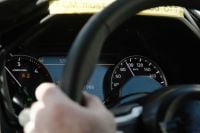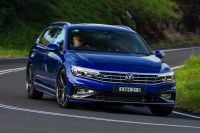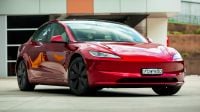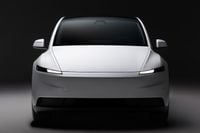Tesla in talks to share controversial FSD tech with another brand
Calling himself "the boy who cried FSD", Tesla CEO Elon Musk says a major automaker will license the Full Self-Driving technology which he predicts will be actually self-driving this year.

News Editor
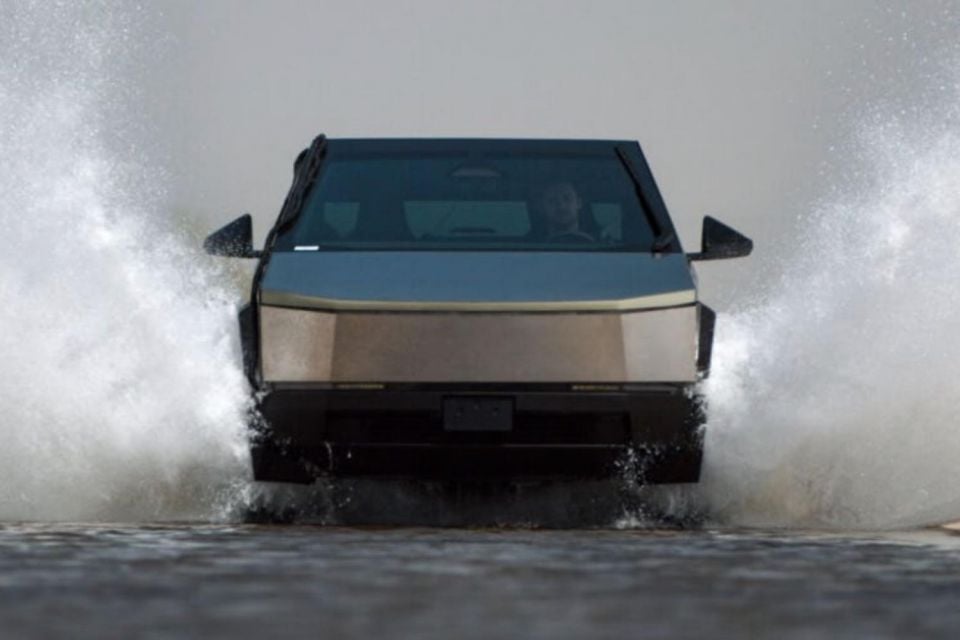

News Editor
Tesla’s so-called Full Self-Driving (FSD) level 2 autonomous driving technology could soon be used by another brand, according to the company’s CEO.
“We are very open to licensing our full self-driving software and hardware to other car companies. And we are already in discussions with — early discussions with a major OEM about using the Tesla FSD,” said Tesla CEO Elon Musk during a Q2 2023 earnings call.
“So, we’re not trying to keep this to ourselves. We’re more than happy to license it to others.”
Tesla has already made its North American Charging Standard open source, with an ever-growing list of automakers signing up to use its connector and gain access to its charging network.
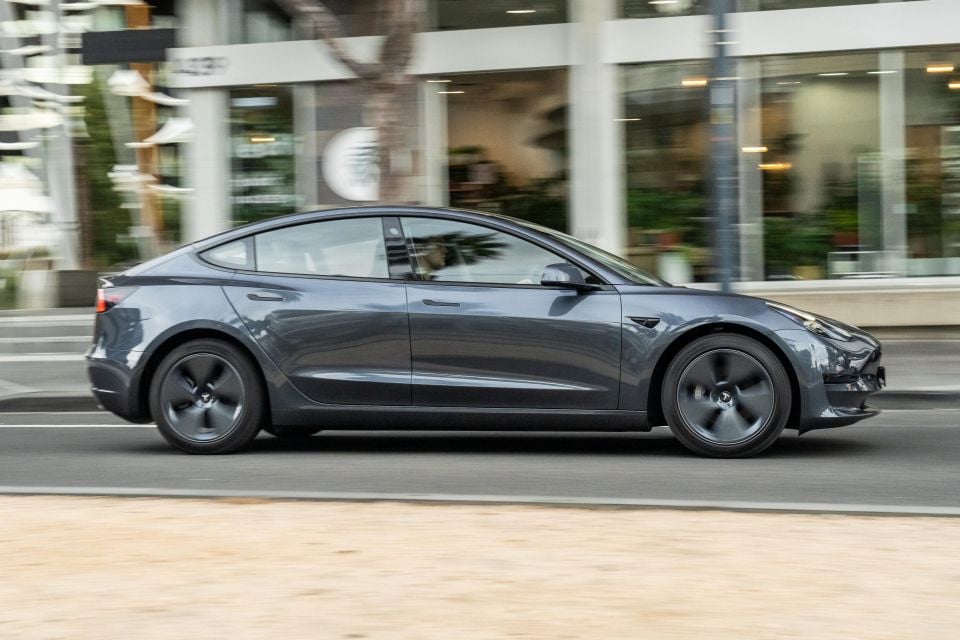
The company has indicated, however, it will charge a licensing fee for its FSD system.
Musk again reiterated his goals for Full Self-Driving to become just what its name suggests, signalling this could dramatically increase the value of its vehicles.
“I think the Tesla fleet value increase to the point at which we can upload full self-driving and it’s approved by regulators, will be the single biggest step change in asset value maybe in history,” he said.
“The value of the car increases dramatically if it is actually autonomous. You know, [US]$15,000 is actually a low price, not a high price,” he added, noting the technology is also available as a monthly subscription.
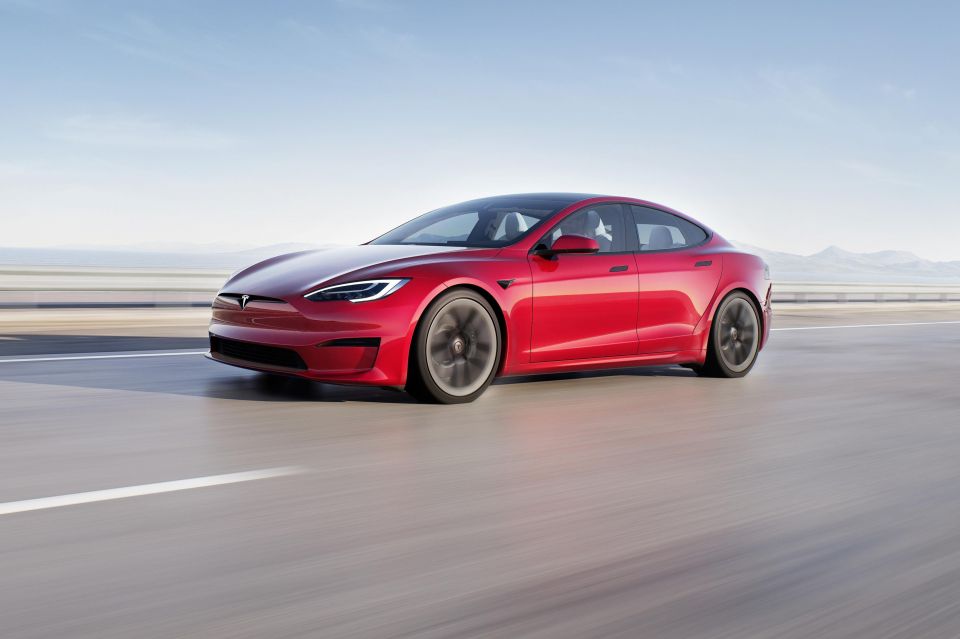
He acknowledged criticism of both him and the technology – after all, he infamously said back in 2019 by the middle of the following year, there would be “over a million Tesla cars on the road with full self-driving hardware” that would be so reliable the driver “could go to sleep”.
“Well, obviously, you know, as people have sort of made fun of me and perhaps, you know, quite fairly have made fun of me, my predictions about achieving a full self-driving have been optimistic in the past,” he said during the Q2 2023 earnings call.
“Now, I know I’m the boy who cried FSD, but man, I think we’ll be better than human by the end of this year.
“That’s not to say we’re approved by regulators. And that would be in the U.S. because we’ve got to focus on one market first. I think we’ll be better than human by the end of this year.
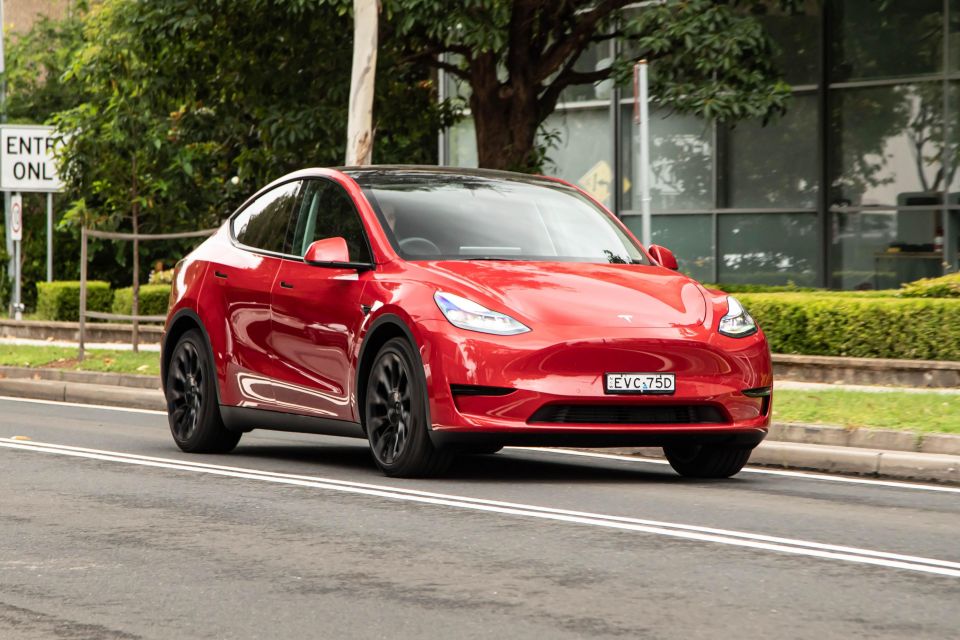
“I’ve been wrong in the past. I may be wrong this time.”
Musk claims to date, over 482 million kilometres have been driven using FSD.
“It’ll soon be billions of miles and tens of billions of miles. And FSD will go from being as good as a human to then being vastly better than a human. We see a clear path to full self-driving being 10 times safer than the average human driver,” he said.
Musk said in June FSD would graduate from the beta stage with its next update.
This suggests the company is confident enough in the technology to no longer want to use the beta tag.
Musk didn’t confirm when Version 12 will drop. FSD Beta is currently at version 11.3.6.
The system has yet to be rolled out in Australia, where only Autopilot – another Level 2 autonomous driving feature, if a less comprehensive one – is offered.
The Tesla FSD Beta first launched to select US owners in October 2020, before being opened in November 2022 to all North American owners who purchased the option.
This feature allows Tesla vehicles to drive autonomously in most driving scenarios. It requires “active driver supervision and do[es] not make the vehicle autonomous” though, according to the Tesla website.
Building on Autopilot, which includes the functionality to suggest and execute lane changes and steer within lanes with adaptive cruise activated, FSD Beta can identify stop signs and traffic lights and slow and stop the vehicle accordingly.
Tesla is also continuing to work on Autosteer functionality for city streets.
As recently as this February, Tesla had to roll out an over-the-air update as its FSD Beta “could potentially infringe upon local traffic laws or customs while executing certain driving manoeuvres”.
Musk said last year he didn’t expect regulatory approval for Tesla’s autonomous driving technology until 2023.
Controversially, even as Tesla is pursuing increasingly more autonomous driving, it has been phasing out radar and sensors and avoiding LiDAR in favour of its camera-based Tesla Vision system.

Tesla has been courting controversy not just for beta-testing FSD on public roads, but also for the effectiveness of its Autopilot technology.
The company is reportedly the subject of a criminal investigation from the U.S. Department of Justice, with three people familiar with the matter telling Reuters last year the probe was launched following more than a dozen crashes – some fatal – where Tesla’s Autopilot system was active.
Prosecutors in Washington D.C. and San Francisco are reportedly examining whether Tesla misled consumers, investors, and regulators by making unsupported claims about the capability of its driver assist technology.
This probe represents a more serious level of scrutiny than previous probes as it could lead to criminal charges against the company or individual executives, the sources said, and the DOJ could also seek civil sanctions.
The company confirmed earlier this year the DOJ had requested documents on its Autopilot and FSD features.
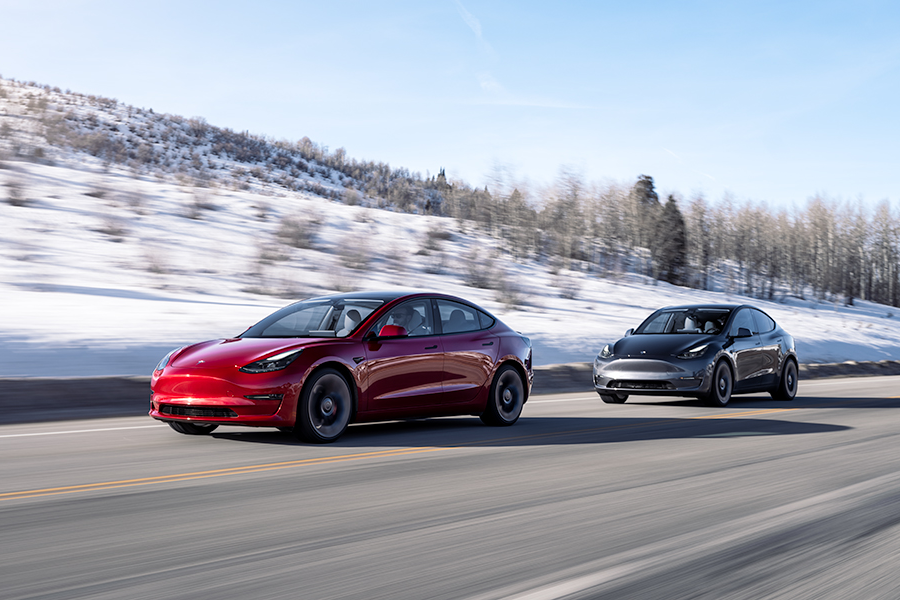
The Autopilot probe is currently competing with two other DOJ investigations involving Tesla, one source told Reuters, adding there’s still a great deal of work to do and no decision is imminent.
This is in addition to two ongoing investigations by the National Highway and Traffic Safety Administration, a US regulator.
One of these is in the engineering analysis stage and is looking at crashes with stationary emergency vehicles, while the other is looking at phantom braking reports.
The agency confirmed it’s investigating the 17th fatal crash involving Autopilot, after a Model S collided with a parked fire truck in Contra Costa County, California in February.
Shareholders also recently filed a proposed class action suit against Tesla in federal court in San Francisco, arguing they had been defrauded by the company with false and misleading statements on technology that “created a serious risk of accident and injury”.
From Breaking News to your next move
Go deeper on the cars in our Showroom, compare your options, or see what a great deal looks like with help from our New Car Specialists.
William Stopford is an automotive journalist with a passion for mainstream cars, automotive history and overseas auto markets.
You might also like
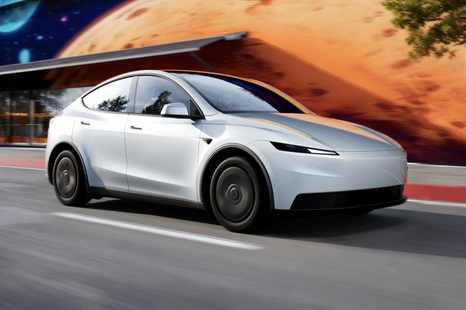
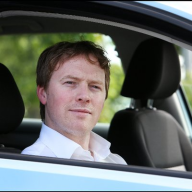
Shane O'Donoghue
2026 Tesla Model Y Standard review: Quick drive
23 Minutes Ago
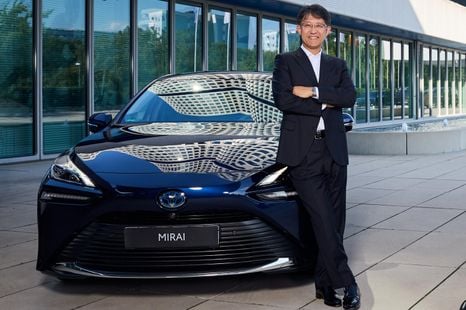

Derek Fung
Toyota replaces CEO Koji Sato after just three years
3 Hours Ago
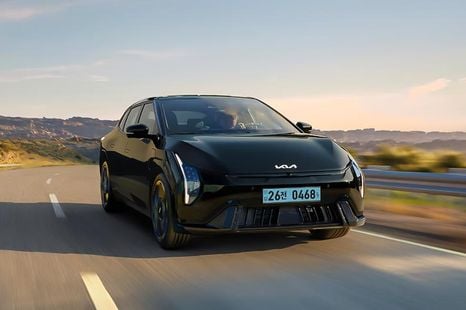

James Wong
2026 Kia EV4 GT Sedan revealed
7 Hours Ago
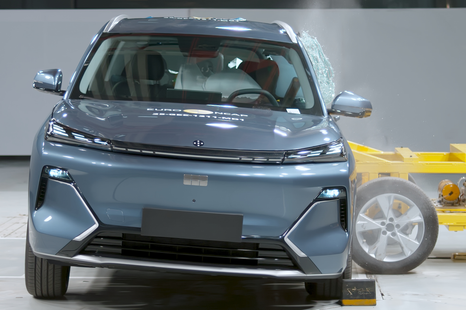

William Stopford
Geely, Kia, Leapmotor and Zeekr among brands to score five-star safety ratings
8 Hours Ago
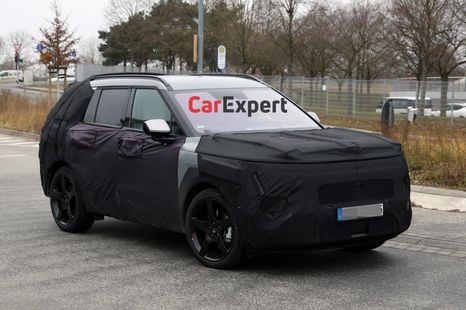

Damion Smy
2027 Hyundai Tucson: Boxier next-gen SUV spied
9 Hours Ago
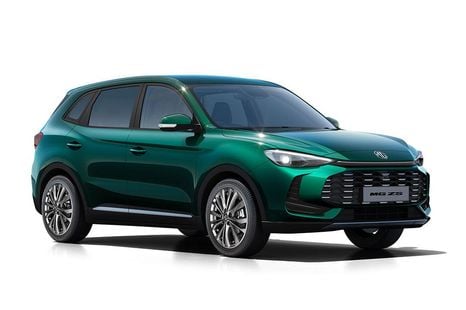

William Stopford
2026 MG ZS gets new, more affordable base model
10 Hours Ago

